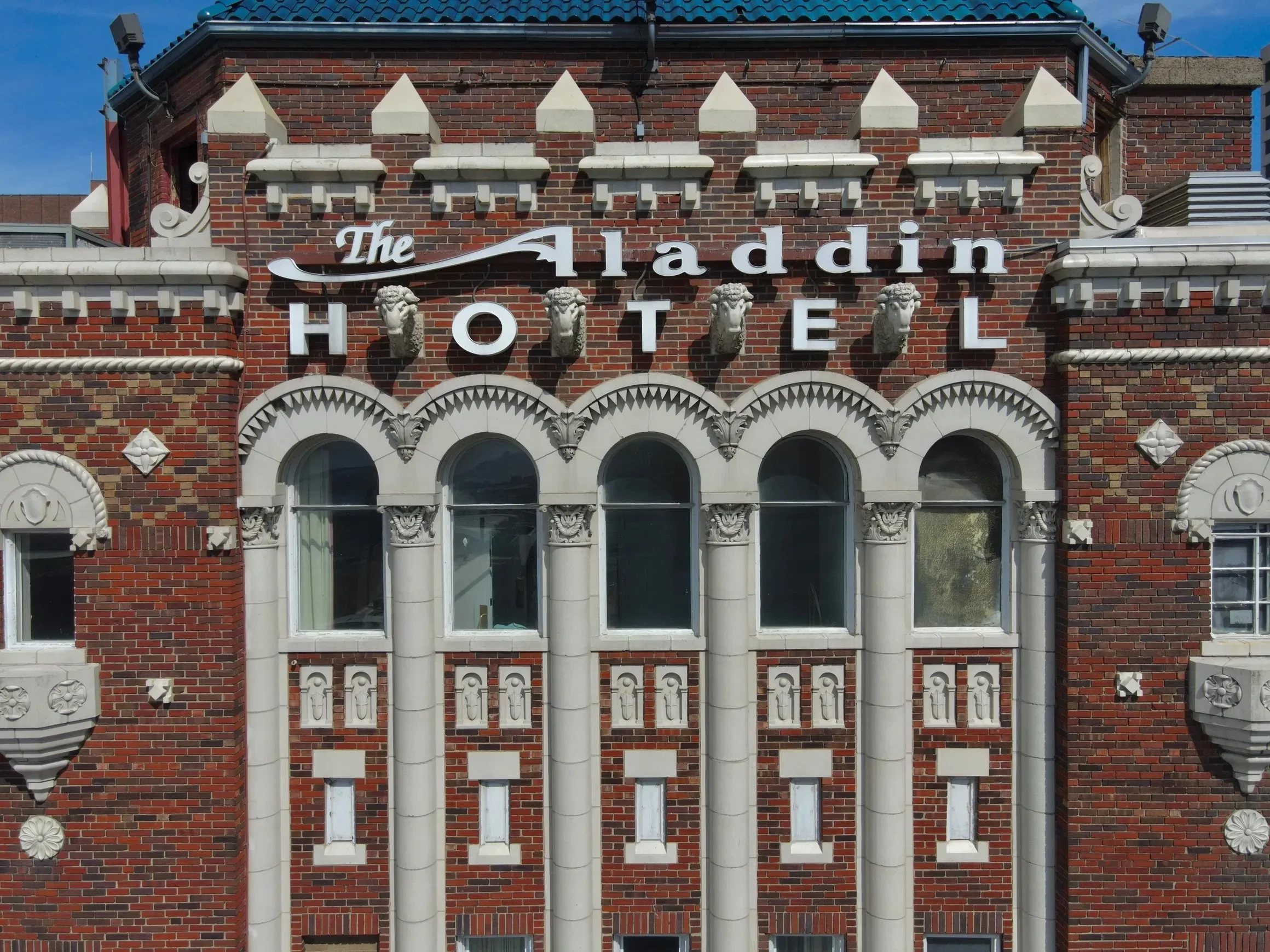The Economic Development Corporation of Kansas City, Missouri, (EDCKC) announced winners of its 2018 Cornerstone Awards, which recognize the city's top construction, redevelopment, capital investments and job creation or expansion projects.
A total of 11 projects were showcased at the EDCKC’s annual event on Tues., May 15, 2018 at Kansas City’s Union Station. Winners achieved a variety of economic development criteria, including job creation, global economic growth, capital investment, innovation, P3, entrepreneurship, sustainability, neighborhood improvement, tourism, workforce and education, and adaptive reuse.
“The Cornerstone Awards celebrate the people and organizations that are building the future of Kansas City, Missouri,” said Bob Langenkamp, EDCKC president and CEO. “The 2018 award recipients have played a vital role in creating a thriving economy in our city, and we enthusiastically congratulate them on their efforts."
Winners of the annual development awards included: AutoAlert, Cable Dahmer Headquarters & Collision, Cerner Innovation Campus, Hotel Indigo and Fairfax Lofts Apartments, Hunt Midwest SubTropolis Animal Health Corridor, KC Urban Youth Baseball, Linwood YMCA/James B. Nutter Sr. Community Center, NBKC Bank, Spring Venture Group, Urban Cafe, and Westport Commons/Plexpod.
EDCKC also recognized several organizations for work on regional projects such as the Amazon HQ2 proposal and the successful campaign for A Better KCI. Amazon HQ2 honorees included Barkley, VML and Xact Technologies, and A Better KCI partners included Platte County EDC, Northland Regional Chamber of Commerce, Kansas City Area Development Council, Greater Kansas City Chamber of Commerce, and The Dover Group.
KCP&L was applauded for its Clean Charge Network & KCP&L Connect initiatives. The Veterans Community Tiny House Project received EDCKC's People's Choice Award.
The ceremony also honored UMKC Chancellor Emeritus Leo Morton for his tireless support of philanthropic, civic and economic progress in Kansas City.








